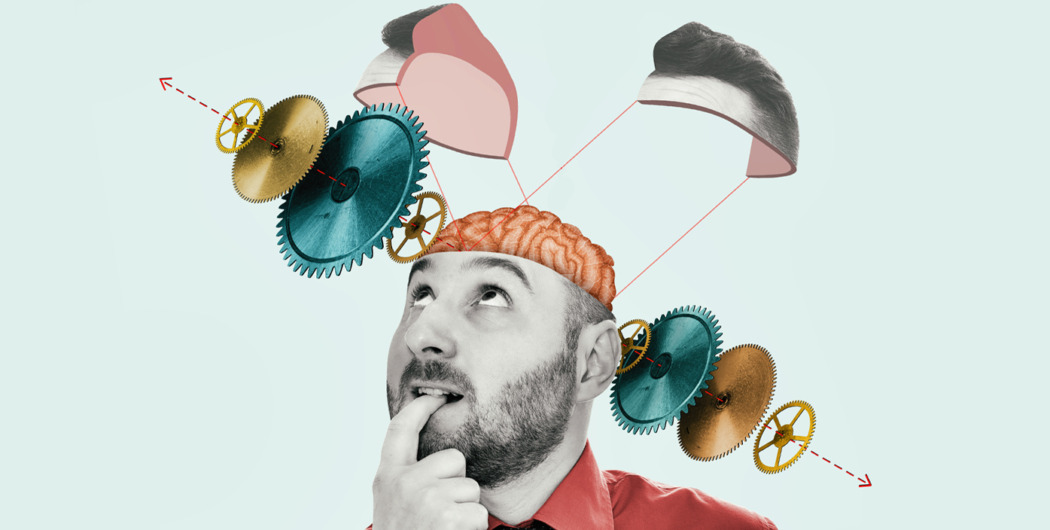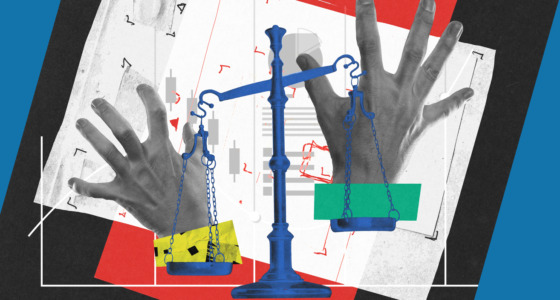

Trading on the stock market has a tremendous psychological impact on the investor. It is vital to understand that there will be days you will lose money. Therefore, a novice investor must be prepared for some psychological issues. That will help to become a good stock market trader in the future. Still, many techniques are helping to master emotions in order to master trading psychology and become more successful on the stock market.
Practice first
Trading without prior experience in finance is a painful process, which undoubtedly leads to money-losing mistakes. That is unavoidable, but there is a solution to this problem called trading on a stock market simulator or paper trading.
Using a stock market simulator is an excellent way to get first-hand trading experience, mastering the techniques learned in theory and putting them to practice. Paper trading can teach you to manage risks, use limited orders, and stop losses.
Before going into the real stock market, you should practice on a markets trading simulator for several weeks or even a few months. First, be sure to make notes of your performance so that you would learn from your mistakes. Then, change your strategies depending on the overall market state.
Don’t dwell on your first mistakes
Trading using real-life funds is, of course, nothing like paper trading. The emotions are just so different when hard-earned cash is involved. Remember that the two most powerful emotions during trading are greed and fear. As finance author Naved Abdali put it, “whatever anybody does or does not do is based on either greed or fear”. You become greedy when you try to take all the risks possible. Bull markets are, essentially, filled to the brim with desire.
Fear is the opposite of greed, just like bear markets are the opposite of bull markets. Fear drives traders to exit the market by selling early as quickly as possible. Unfortunately, before you genuinely understand trading psychology and learn how to control your emotions, you will feel a lot of greed and fear. You have to think of the losses you make during the first few weeks of trading as tuition. You can’t escape them, so they are just a part of the education that helps you become a booming stock market trader.
Learn from other traders and their investor psychology
The stock market has been around for a very long time. Investors have devised many brilliant strategies that help traders get the upper hand in the market. That is why it is so important to learn from their mistakes. However, you should not only be interested in their successes – stories about failures tell you about past investors’ errors so that you would learn from these mistakes and never make them yourself.
It is worth noting that successful traders never underestimate the importance of trading psychology. They are also open-minded and seek new opportunities in the market, always trying to expand their knowledge about the current market situation and finance in general. They never let their emotions take control of themselves. Of course, even the most successful investors make mistakes, which sometimes cost them hundreds of thousands or even millions of dollars – but they never fixate on them. In short, successful investors try to stay proactive, no matter how hard the internal urge to become reactive is.

Set stop-losses before it’s too late — Rule #1 of markets trading
Being too emotionally invested in an asset is, frankly speaking, quite dangerous. That leads to investors thinking, “It can’t go lower,” despite all the rational indicators saying, “It will go lower.” Remember that the market doesn’t always do things you want it to do. You can’t possibly use your will to bend it. Often it seems random – because it is. However, applying rigorous analysis methods and remaining calm even in the most stressful situations will lead you to success.
Before that, you should not let your morale go down too low. It’s one of the most basic rules of markets trading. Losses are unavoidable, so set up stop losses beforehand. A balanced stop loss is at the time wide enough, allowing you to remain in position after little price dips, and narrow enough, allowing you to cut off unexpected losses. Practice will help you find this balance.
Stick to familiar patterns – but still, expand your knowledge of technical analysis
Fundamental analysis is too slow for a day trader, so he has to rely on technical analysis, a type of financial analysis driven by market-generated data. The primary technical analysis tool – and hence, of a day trader – are charts and patterns.
An investor who wishes to make their capital trading stocks on a day-to-day basis has to make sure they are familiar with different types of patterns that emerge on the market and learn to recognize them. That is why it is helpful to choose a handful of practices and start working exclusively with them. However, you shouldn’t forget that there are also fundamental principles to technical analysis rather than just specific patterns, meaning that it’s vital to expand your knowledge base of both technical analysis and trading psychology constantly.









